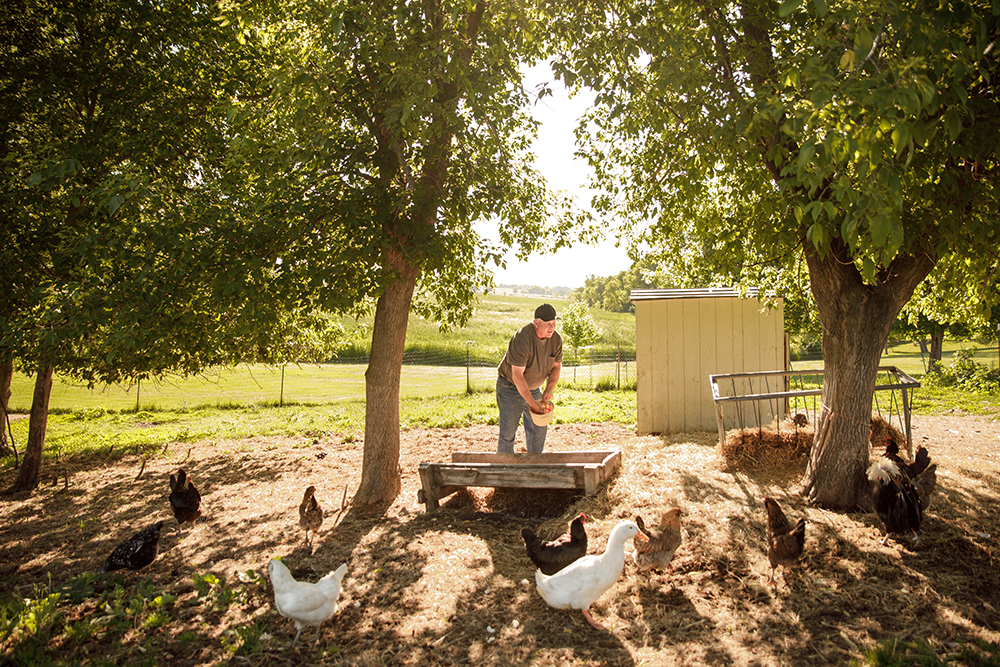Caring for a Multi-Species Flock of Chickens

Flock expansion can be an exciting endeavor, especially when you are looking to add a new species or two. It can be a fun and challenging task to meet the needs of a multi-species flock of chickens.
Here are a few tips and recommendations to consider if you plan to take your flock to the next level.
There are three main areas of focus before caring for a multi-species flock:
- Coop Cleanliness
- Living Space
- Management Techniques
Coop cleanliness
Providing your multi-species flock with a clean home is of the utmost importance in preventing sickness.
Keep the coop clean and dry, and keep waterers out of the coop area to prevent splashing and playing by waterfowl.
Remember, anytime you bring new poultry in, you must quarantine them before mixing with the rest of the flock.
Not only will the aid in preventing any pre-existing disease they may bring in, but also is safer for the birds until they are acclimated.
Living Space
Larger poultry need more space, so plan accordingly. Factor in a minimum of 4-square-feet per chicken and even more for larger birds. Failing to provide adequate space can lead to boredom and birds will likely begin to peck at one another.
If space is an issue, or the birds are more confined during the winter months, make sure there are plenty of food/toys/distractions to relieve boredom.
Management Techniques
A successful multi-species flock is an environment where there is little stress on the birds. Having a good ratio of male to female poultry will help keep a balance in the coop.
A good rule of thumb for chickens is approximately 7 hens to 1 rooster. For ducks or other waterfowl, a good balance would include 5-6 females to 1 drake.
Remember that waterfowl are different from chickens and other birds in that they like wet conditions. So their bedding should have more absorbency like straw, pine shavings or grass from lawn mowing.
Additionally, ducks don’t like to roost like chickens, so don’t expect to see them on the perches of your coop! They also prefer cooler weather, are more active at night and thoroughly enjoy the opportunity to take a dip in a pool or other body of water.
Another multi-species management recommendation would be to keep chickens and turkeys separate. This is to preventing Blackhead disease carried from chickens to turkeys.
Although not extremely common in a small flock setting, it can be fatal to turkeys if contracted.
These considerations and many more should be made before you dive head first into managing a multi-species flock.
If you are up for the challenge, undoubtedly much enjoyment of watching them grow and flourish is in your future!
